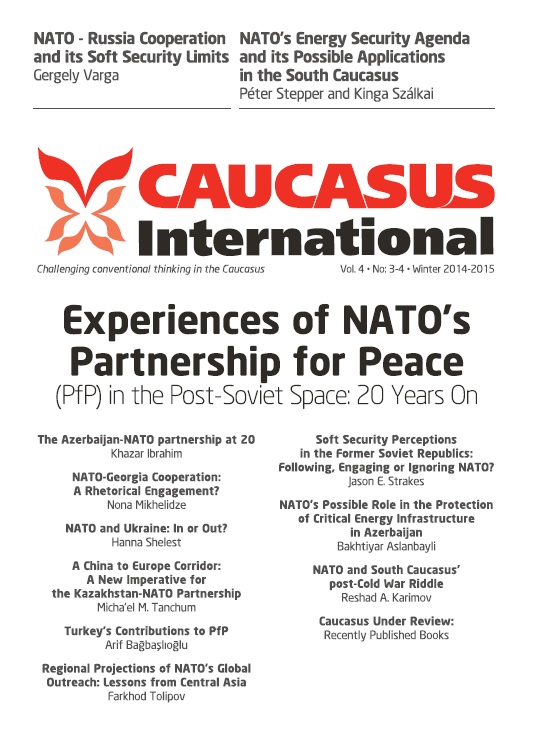NATO - Russia Cooperation and its Soft Security Limits
Since the early years of the post-Cold War era until the recent Ukrainian crisis, NATO has sought to build cooperation with Russia on a wide range of security issues, including soft security threats. Under the NATO – Russia Council framework, numerous initiatives have been successfully implemented to the benefit of both parties. However, based on an examination of NATO-Russia collaboration on soft security, this article argues that this cooperation has been conducted on a fairly limited and temporary basis. According to the author, one reason for this is the divergent perceptions on soft security and its relationship to political and economic systems. Another reason is Russia’s weakness and vulnerability in the soft security domain, which it does not want to expose. Furthermore, cooperation on soft security has been largely contingent on relations between the parties - though to a lesser extent than hard security issues have been. The Ukrainian crisis underlined the primacy of hard security issues and indicates that cooperation on soft security issues will remain a variable of global political developments.
Latest news
- 03/17/2020 Call for Submission: “Non-Alignment Movement and Its Perspective in International Affairs”. Deadline: 1 July 2020 2626 views
Popular articles
- 02/24/2020 The Role of Irredentism in Russia’s Foreign Policy 2536 views
- 02/24/2020 Construction of sub-national identity vis-à-vis parent state: Gagauz case in Moldova 2218 views
- 02/24/2020 The Conflict in Ukraine - The Geopolitics of Separatism and Divergent Identities (Commentary) 2072 views
- 02/24/2020 The Role of the Soviet Past in Contemporary Georgia 2044 views





